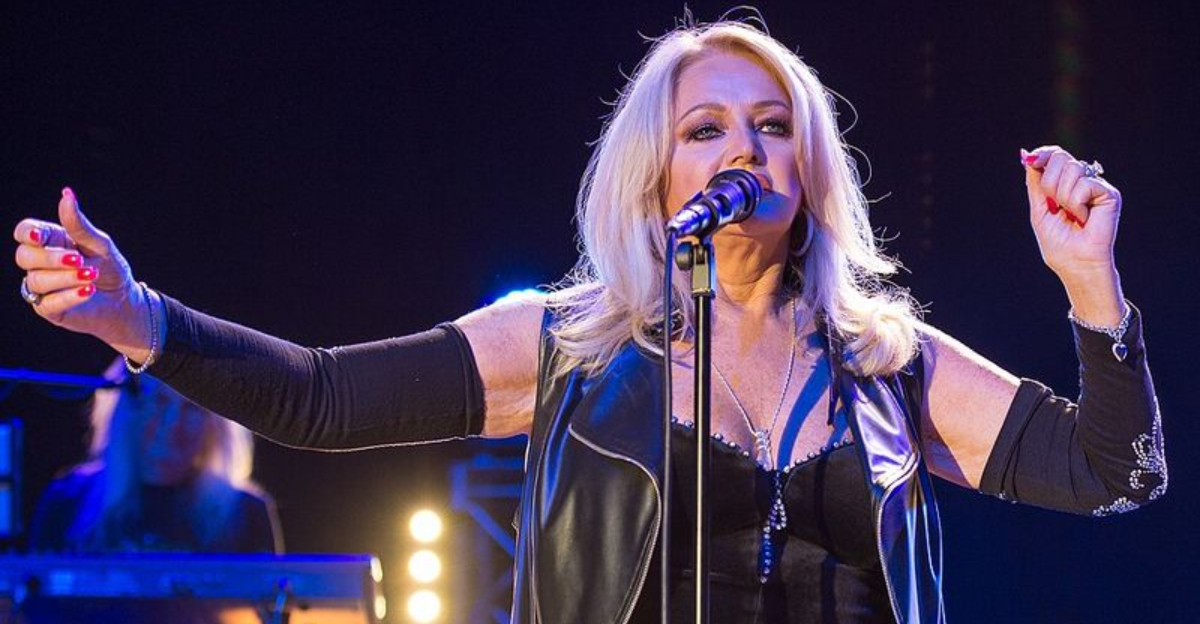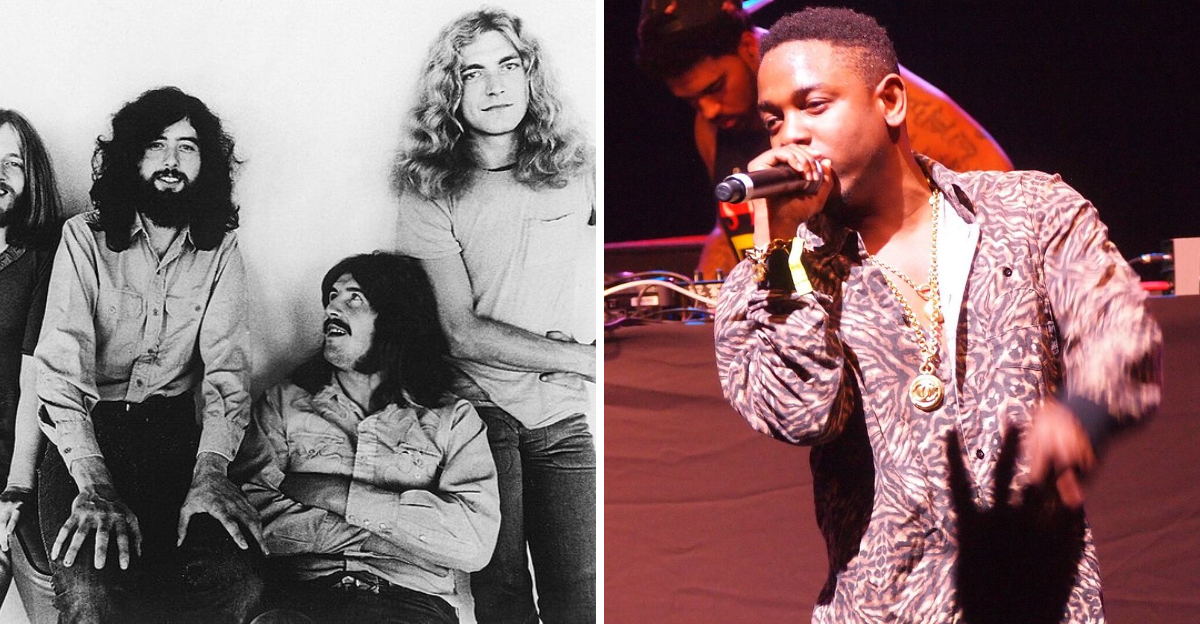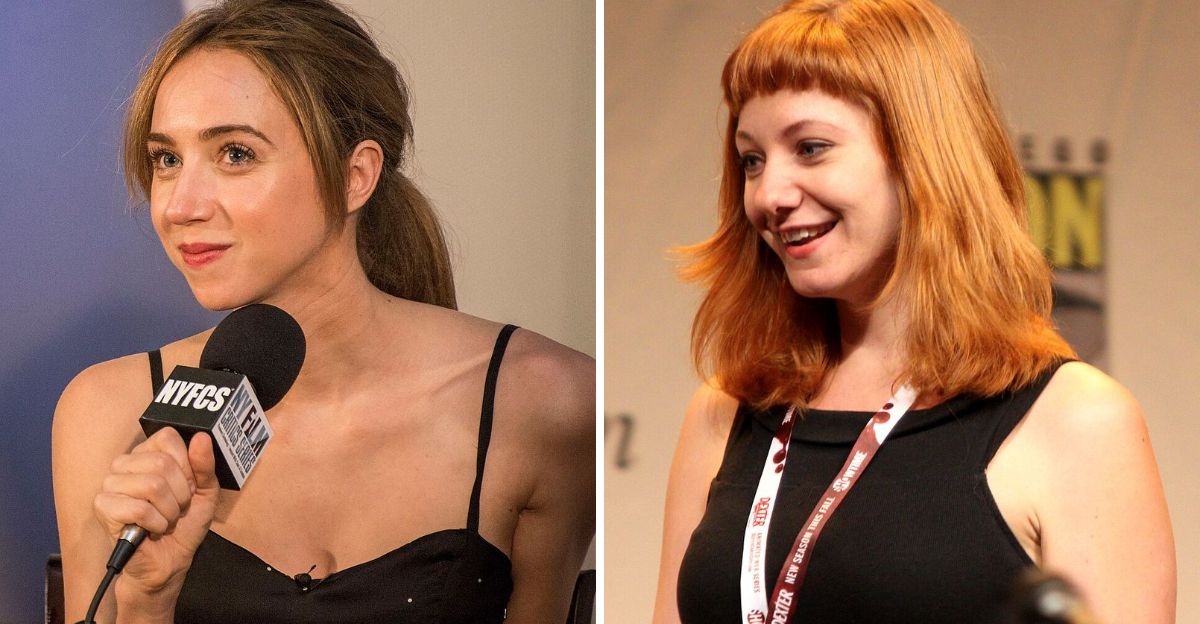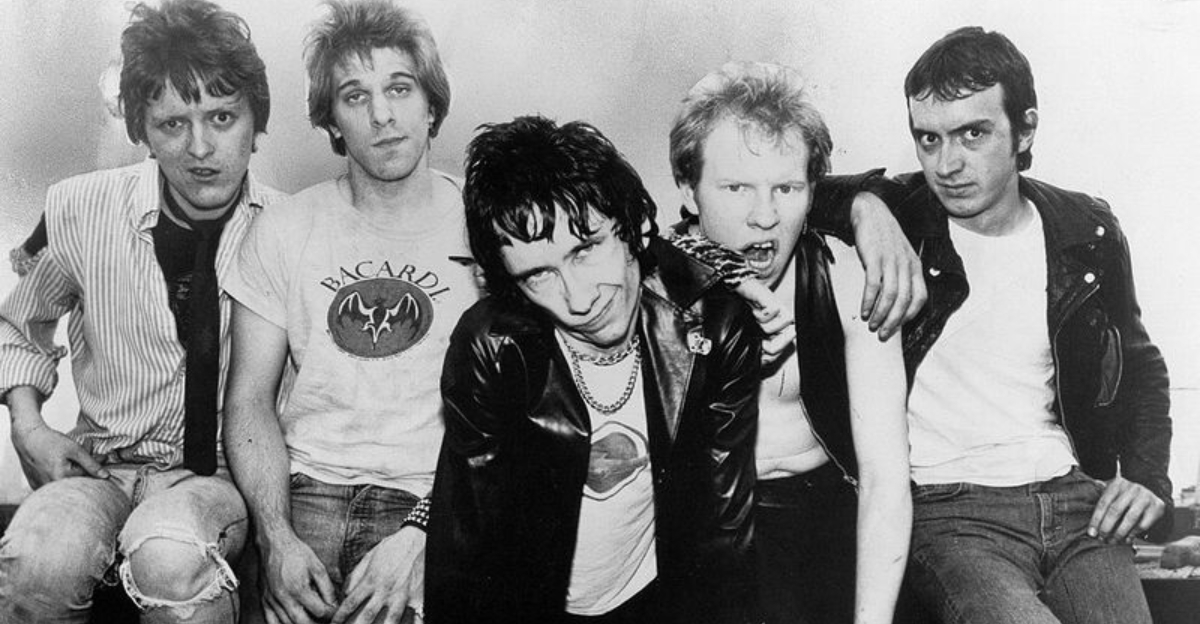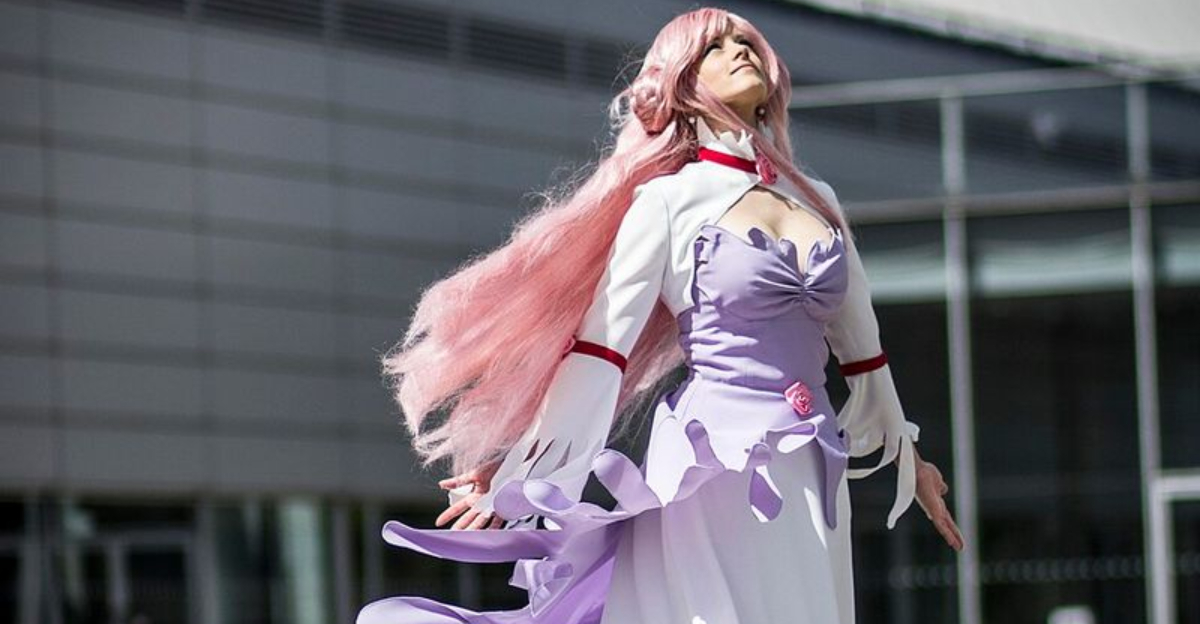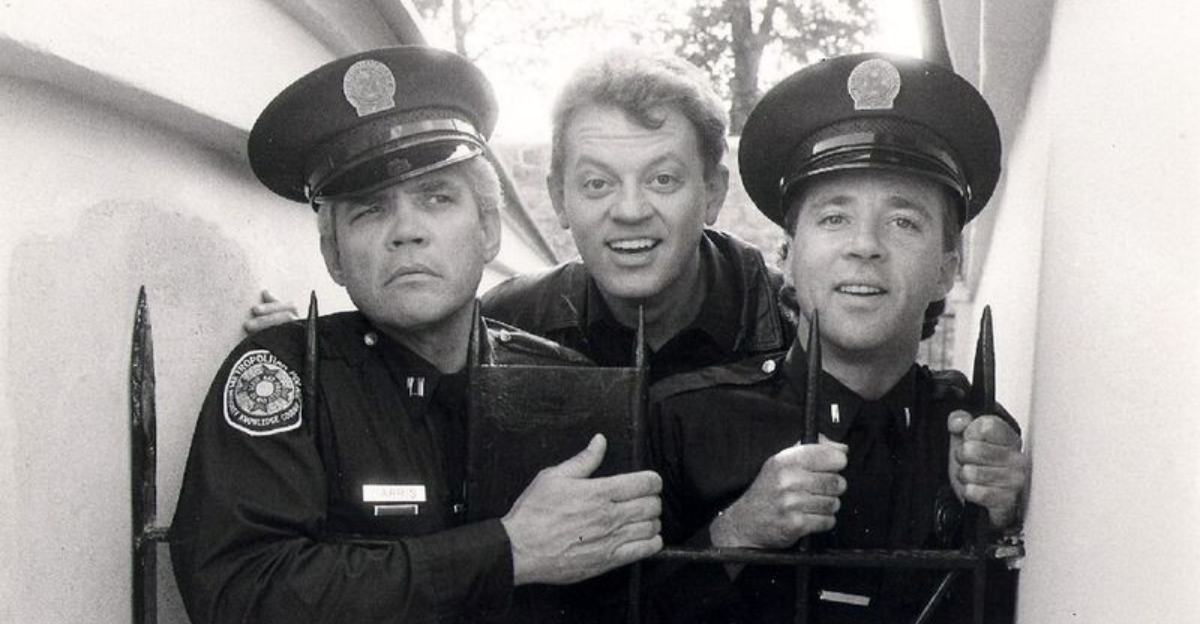13 TV Catchphrases From The ’70s That Reflect A Different Era
Television in the 1970s gave us some of the most memorable catchphrases that still echo in pop culture today.
These iconic lines defined characters and shows, becoming part of everyday conversation across America. Looking back at these phrases reveals how much TV humor and language have evolved over the decades.
1. Sit On It – Fonzie, Happy Days
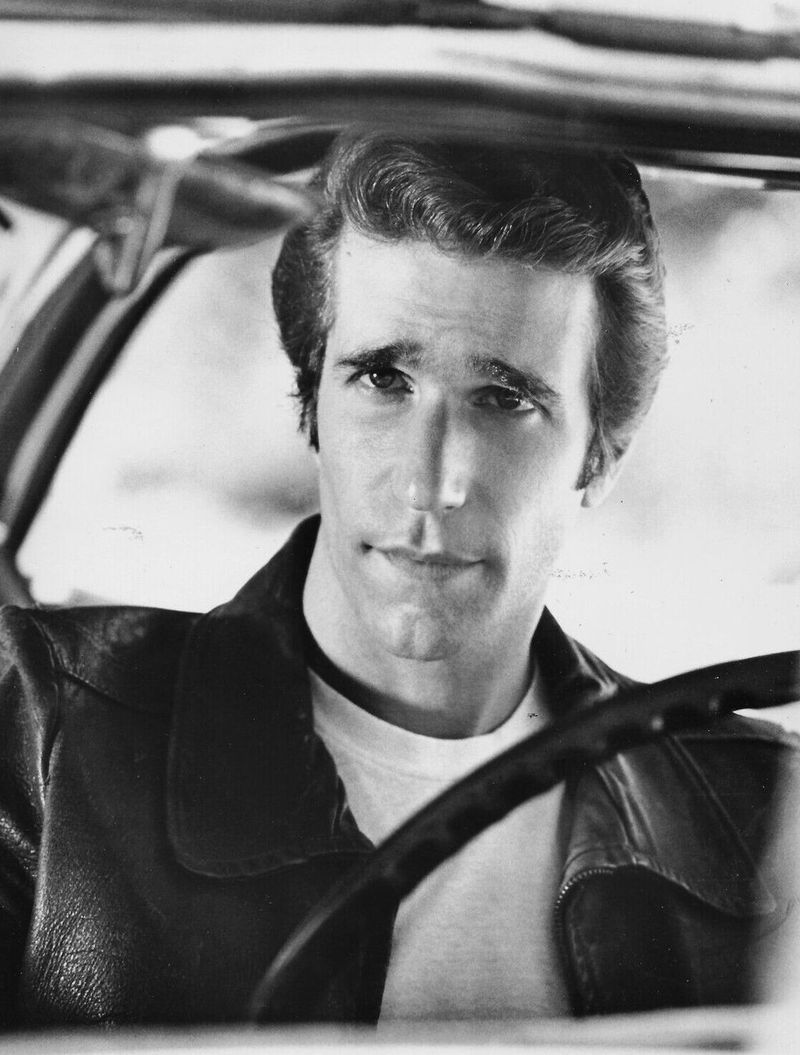
When Fonzie wanted to dismiss someone without getting too harsh, he told them to sit on it. Henry Winkler’s leather-jacket-wearing character made this phrase his go-to comeback on Happy Days.
It was the 1950s-set show’s way of keeping things family-friendly while still sounding edgy. Fonzie could shut down any argument with just three words and his trademark cool attitude. Kids loved repeating it because it sounded rebellious without actually being rude.
2. Ayyyy – Fonzie, Happy Days
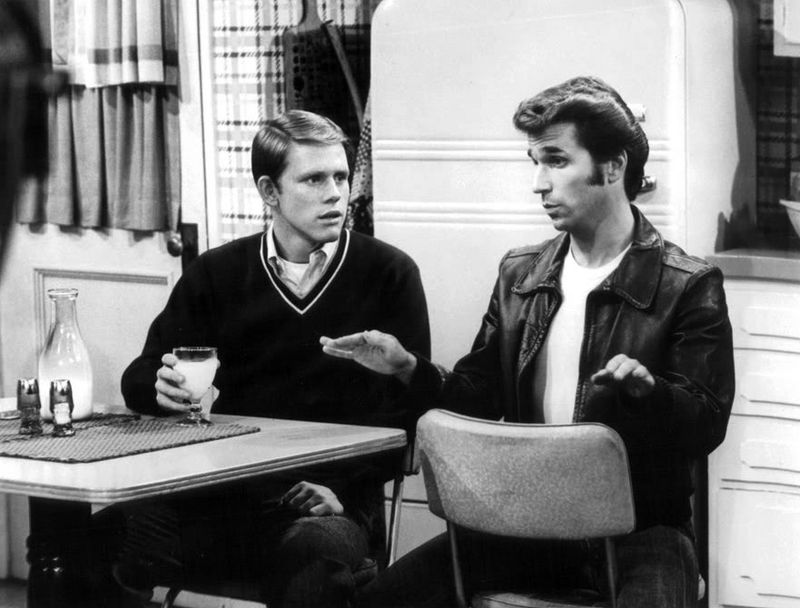
Fonzie’s signature greeting became just as famous as the character himself. That drawn-out Ayyyy paired with double thumbs up defined cool for an entire generation watching Happy Days.
Henry Winkler created a sound that needed no translation, it meant everything was awesome. Whether greeting friends at Arnold’s diner or impressing girls, Fonzie’s Ayyyy said it all. The phrase became so iconic that people still imitate it decades later.
3. Book ‘Em, Danno – Steve McGarrett, Hawaii Five-O
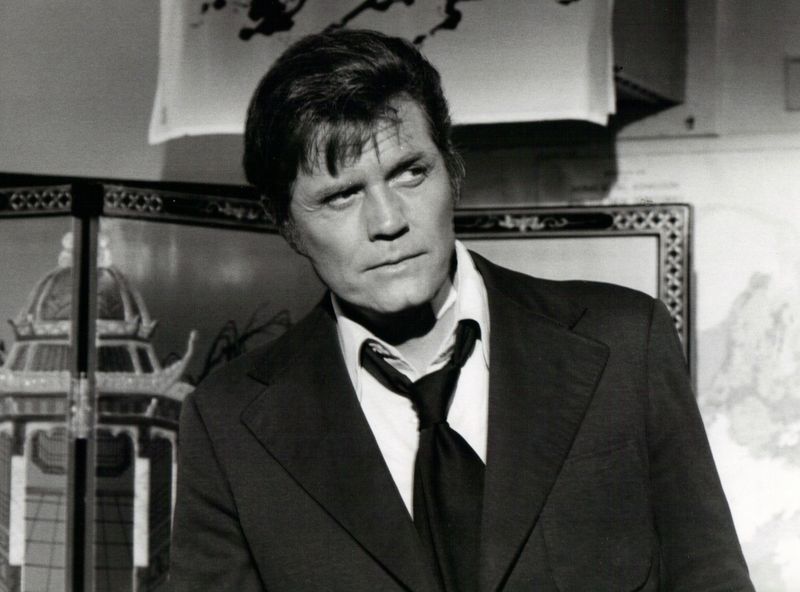
Jack Lord’s commanding voice delivered this line at the end of nearly every Hawaii Five-O episode. After catching the bad guys, McGarrett would tell his partner Danno to book them, meaning process their arrest.
The phrase became shorthand for justice being served in paradise. It showed McGarrett’s no-nonsense leadership style and wrapped up cases with satisfying finality. Even people who never watched the show knew this catchphrase.
4. Na-Nu, Na-Nu – Mork, Mork & Mindy

Robin Williams brought this alien greeting to Earth through his character Mork on Mork & Mindy. The Orkan visitor used Na-nu, Na-nu as both hello and goodbye, complete with a special hand gesture.
Williams’ manic energy turned a simple made-up phrase into a cultural phenomenon. Kids everywhere greeted each other Orkan-style in schoolyards. The catchphrase showed how Williams could make anything hilarious through pure charisma and comedic timing.
5. Shazbot – Mork, Mork & Mindy
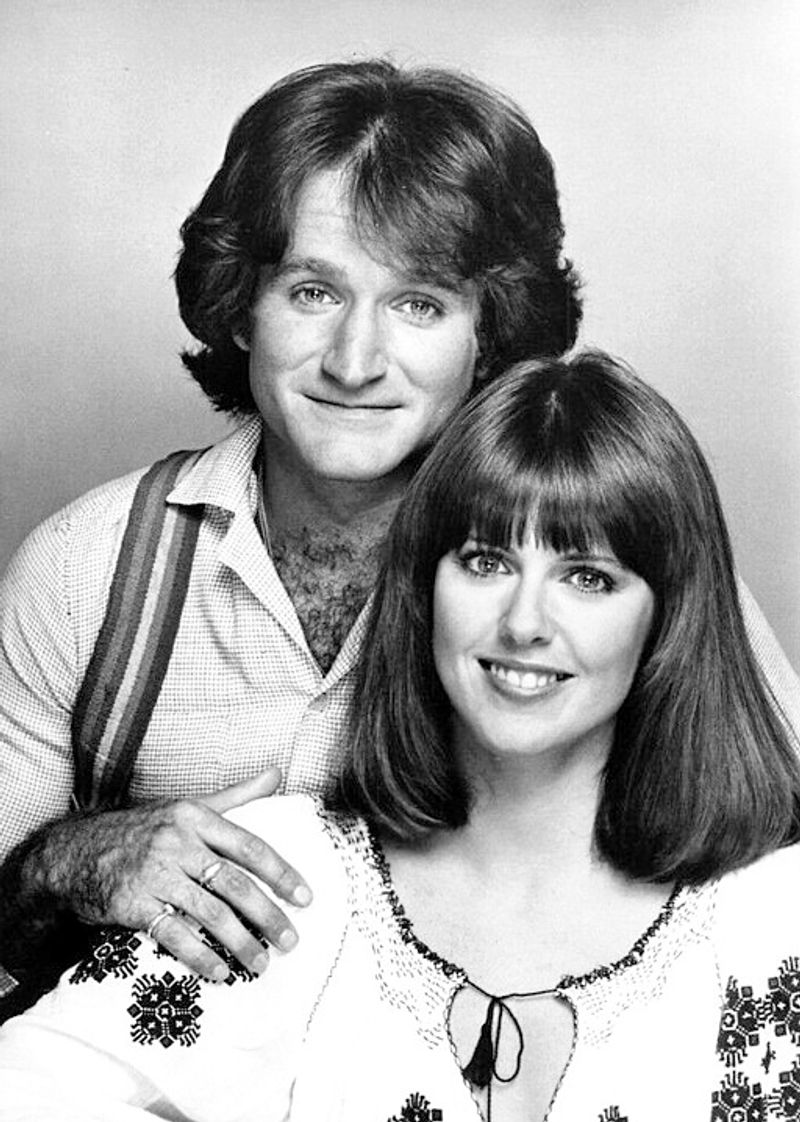
Whenever Mork messed up or got frustrated, he blurted out Shazbot instead of actual curse words. Robin Williams made this fake Orkan swear word sound genuinely funny on Mork & Mindy.
The show needed a way for Mork to express annoyance while keeping things appropriate for family viewing. Shazbot became the perfect silly substitute that kids could safely repeat. It demonstrated how creative TV writers got with language in the 1970s.
6. Who Loves Ya, Baby – Kojak, Kojak
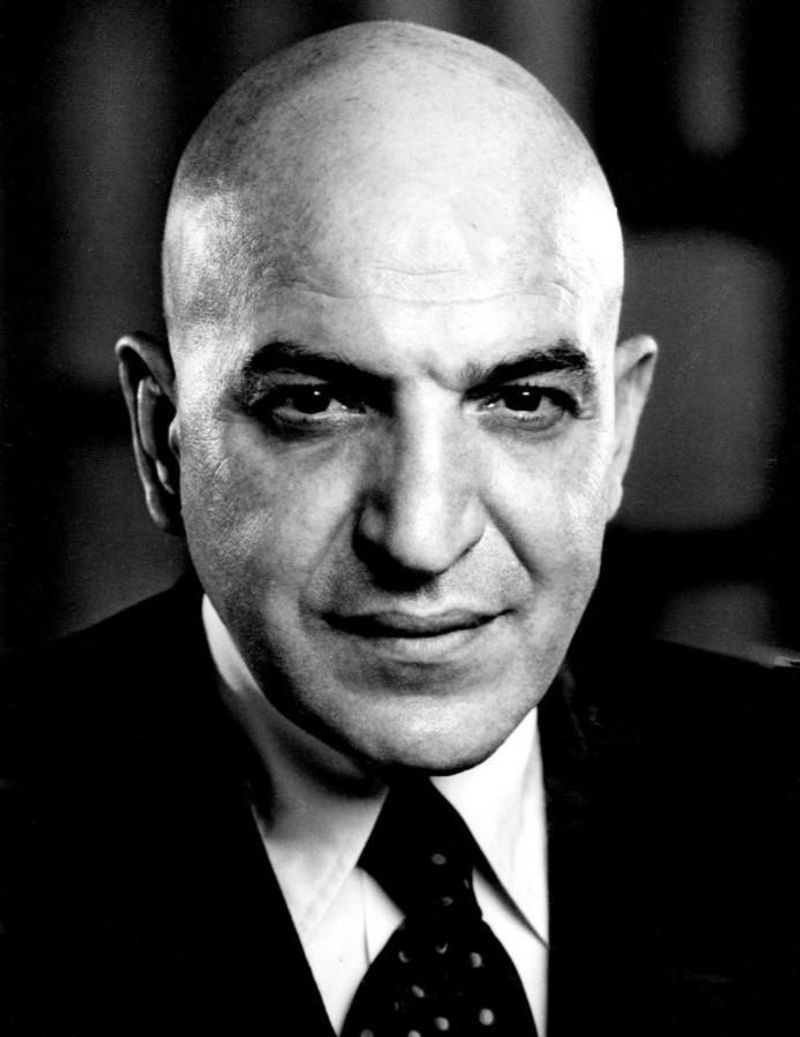
Telly Savalas made this smooth question Kojak’s trademark line throughout the gritty crime drama. The bald detective would ask it while sucking on his signature lollipop, oozing confidence and charm.
It was Kojak’s way of showing he cared about victims while still being tough on criminals. The phrase captured the character’s unique blend of street smarts and compassion. Savalas delivered it with such style that it became instantly recognizable.
7. Dy-No-Mite – J.J. Evans, Good Times
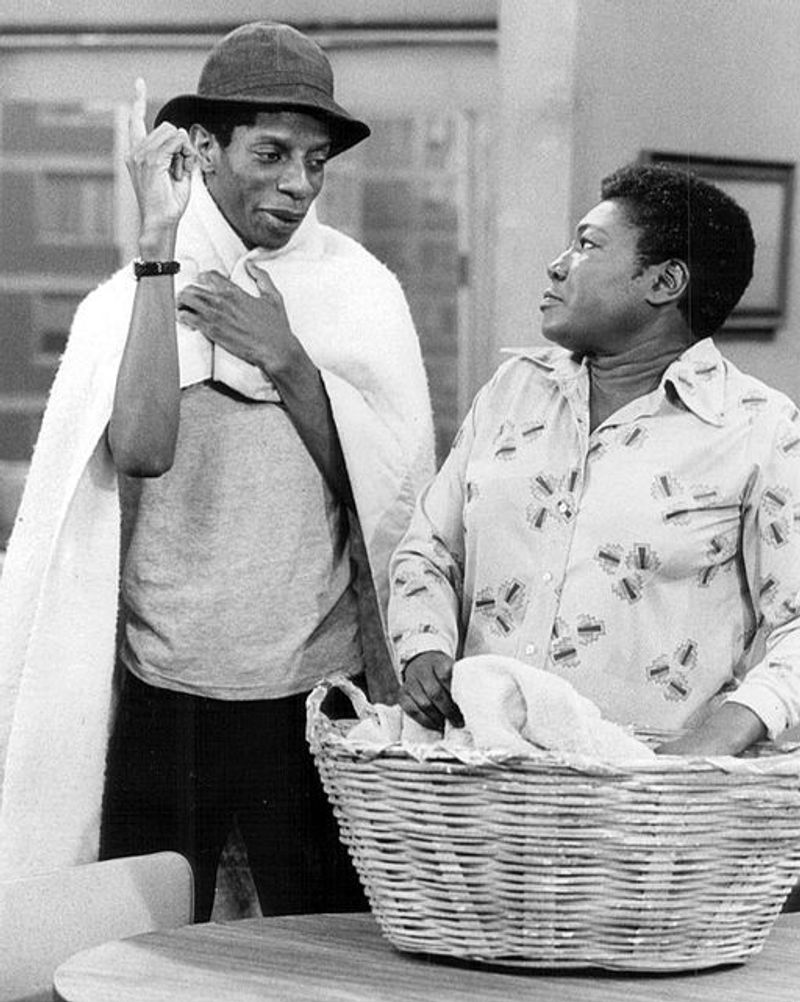
J.J. Evans turned this explosive exclamation into pure comedy gold on Good Times. Jimmie Walker’s character would throw his arms up and shout it whenever something exciting happened, making audiences laugh every single time.
The phrase became so popular that kids repeated it on playgrounds nationwide. Though it captured the fun energy of the show, some critics felt it overshadowed the serious topics Good Times addressed about African American families.
8. De Plane, De Plane, – Tattoo, Fantasy Island
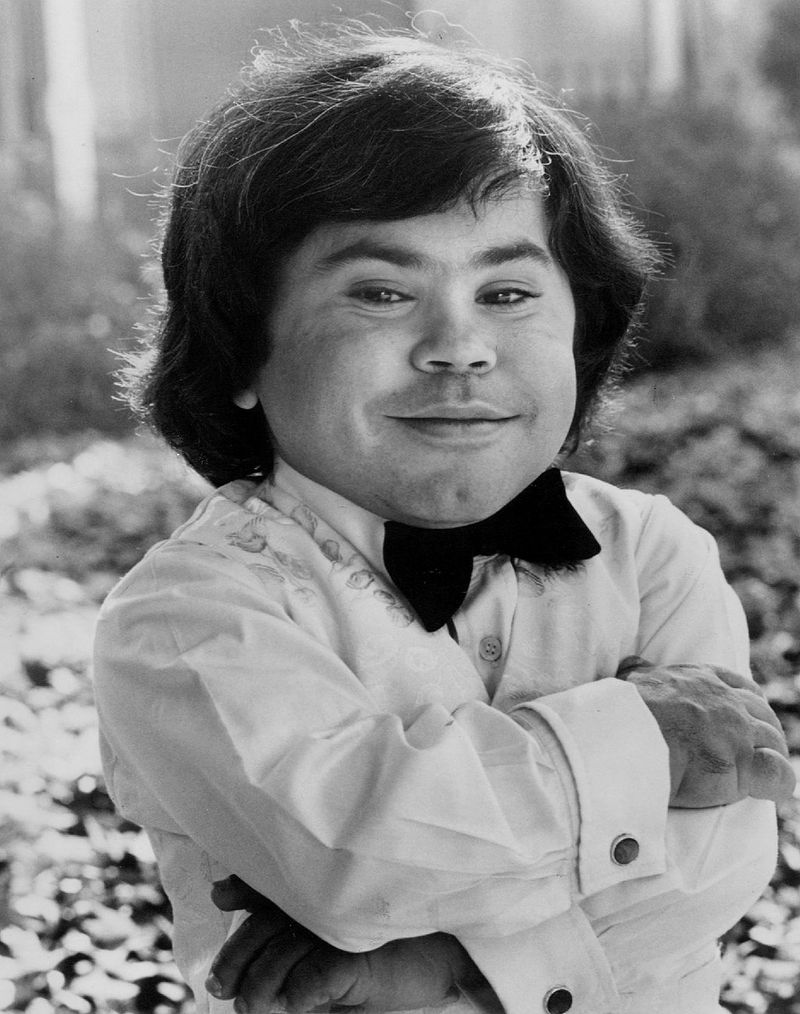
Herve Villechaize’s character Tattoo rang the bell each episode to announce arriving guests on Fantasy Island. His excited shout of De plane! De plane! kicked off every adventure with infectious enthusiasm.
The phrase became instantly recognizable even to non-viewers of the show. Tattoo’s accent and excitement made it memorable and easy to imitate. However, looking back, the portrayal raises questions about how the show represented people with dwarfism.
9. Up Your Nose With A Rubber Hose – Sweathogs, Welcome Back, Kotter
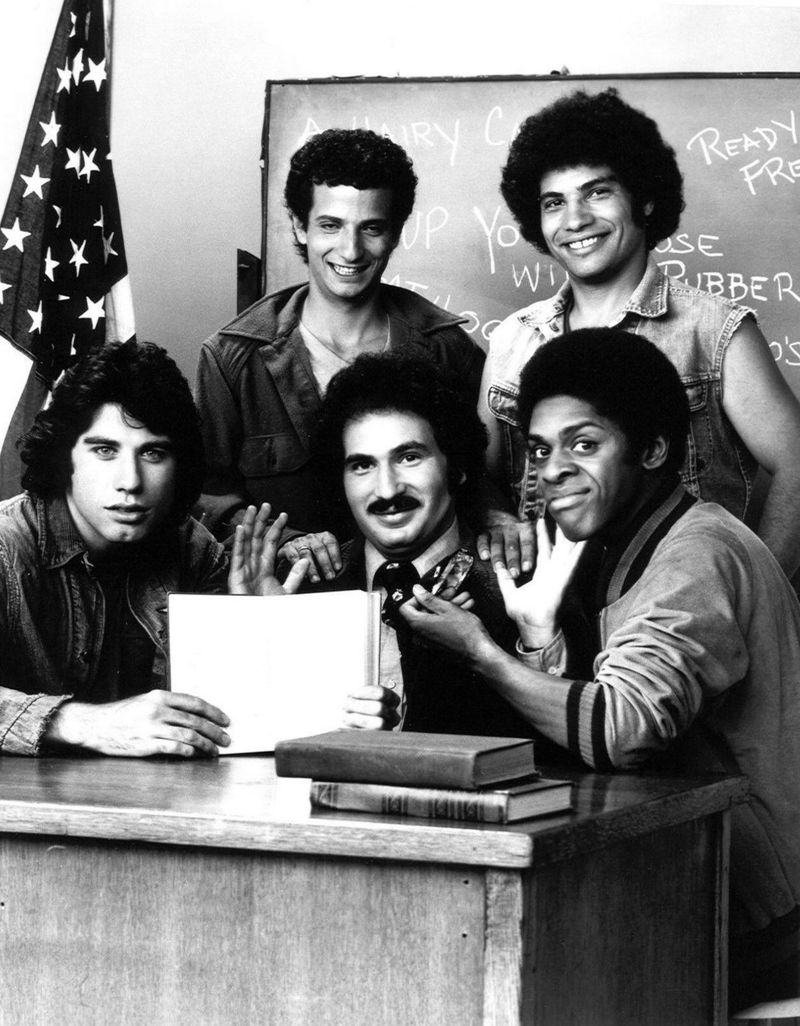
The Sweathogs on Welcome Back, Kotter used this bizarre insult to crack each other up in Mr. Kotter’s classroom. It made absolutely no sense, which was exactly why it worked so perfectly as comedy.
The phrase showed how creative teens got with playground insults in the 1970s. It sounded vaguely threatening without meaning anything offensive. Shows today would never get away with something this wonderfully weird and random.
10. Marcia, Marcia, Marcia – Jan Brady, The Brady Bunch
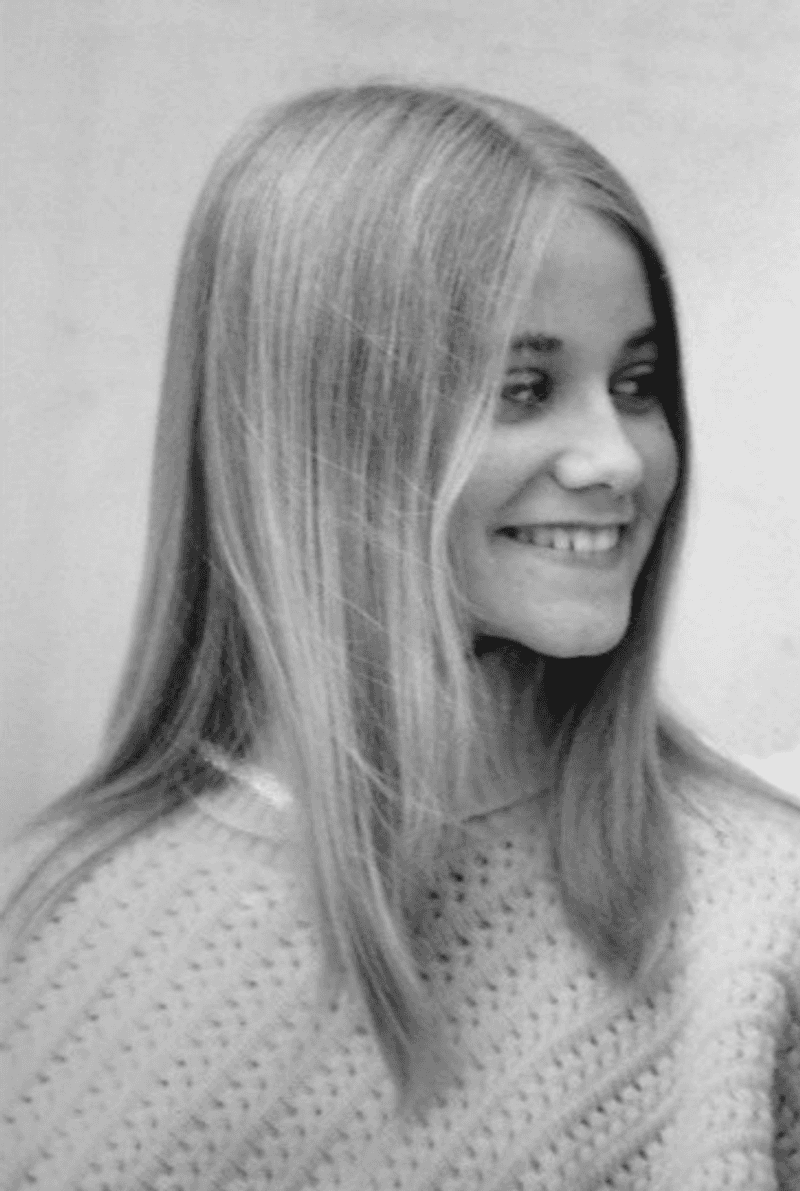
Jan Brady’s jealous outburst about her perfect older sister became The Brady Bunch’s most quoted line. Eve Plumb delivered it with such genuine frustration that middle children everywhere felt seen and understood.
Though the show ended in 1974, this catchphrase lived on in reruns forever. It perfectly captured sibling rivalry in three repeated words. Jan’s complaint became cultural shorthand for feeling overshadowed by someone who seems to get all the attention.
11. Good Night, John-Boy – The Waltons Family Refrain, The Waltons
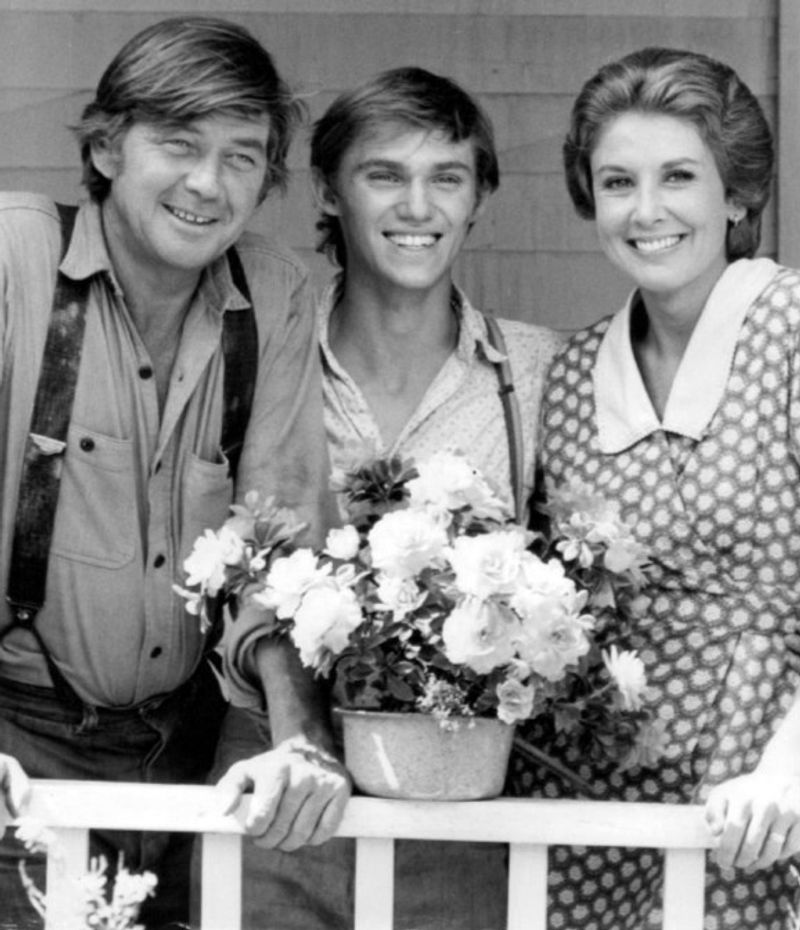
Every episode of The Waltons ended with family members calling goodnight to each other from their bedrooms. Starting with Good night, John-Boy, each person chimed in until everyone was included in the loving ritual.
This gentle tradition reflected simpler times both in the show’s 1930s setting and 1970s values. Families watching felt the warmth of the Walton household. The phrase represented an idealized version of family closeness that resonated deeply with audiences.
12. Just One More Thing… – Lt. Columbo, Columbo
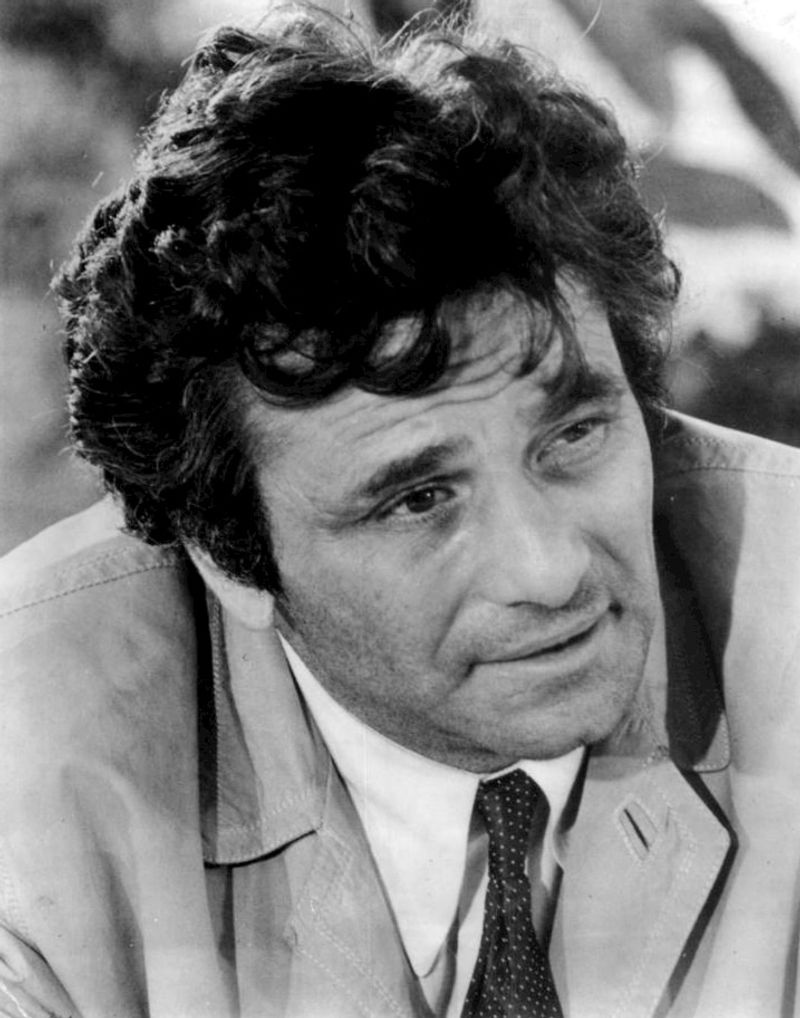
Peter Falk’s rumpled detective would turn to leave, then pause and say just one more thing before nailing the suspect. That seemingly casual phrase always introduced the question that cracked the case wide open.
Columbo’s catchphrase became a masterclass in detective work and acting. Criminals thought they had fooled the shabby lieutenant until those four words changed everything. It demonstrated how underestimating someone based on appearance can be a huge mistake.
13. The Devil Made Me Do It – Geraldine Jones (Flip Wilson), The Flip Wilson Show
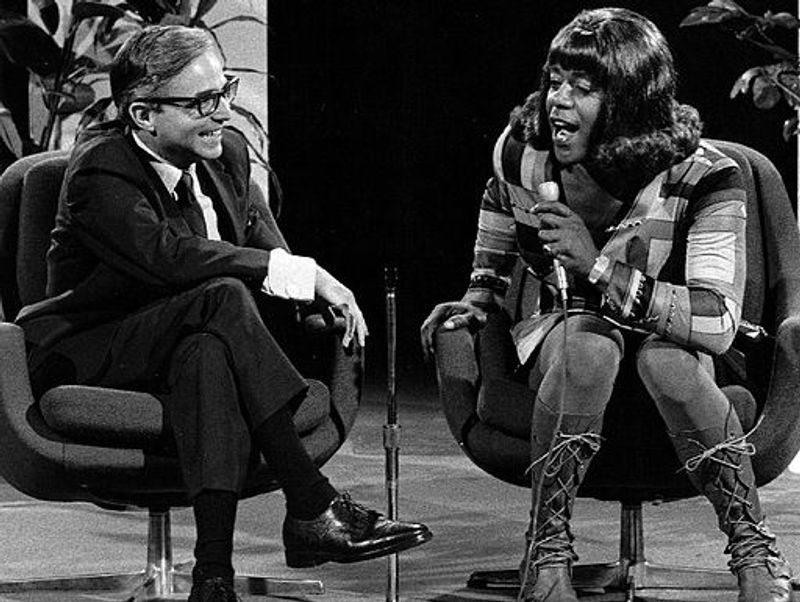
Flip Wilson’s sassy character Geraldine used this excuse whenever she got caught doing something naughty on The Flip Wilson Show. The line became her signature deflection, delivered with perfect comic timing and attitude.
Geraldine would blame Satan for her shopping sprees and flirtations, making audiences roar with laughter. Wilson’s drag character was groundbreaking for the era. Looking back, the portrayal reflects different standards about gender performance that have evolved significantly since then.

